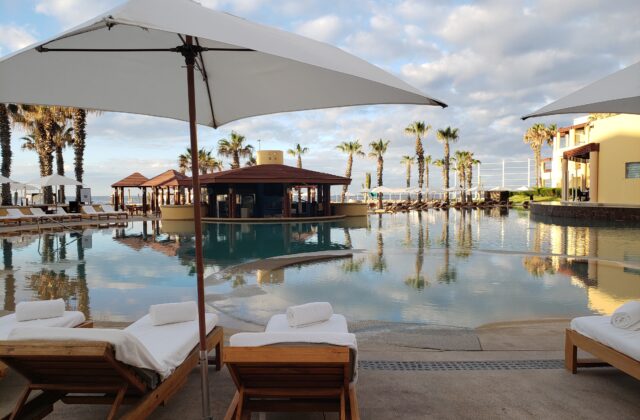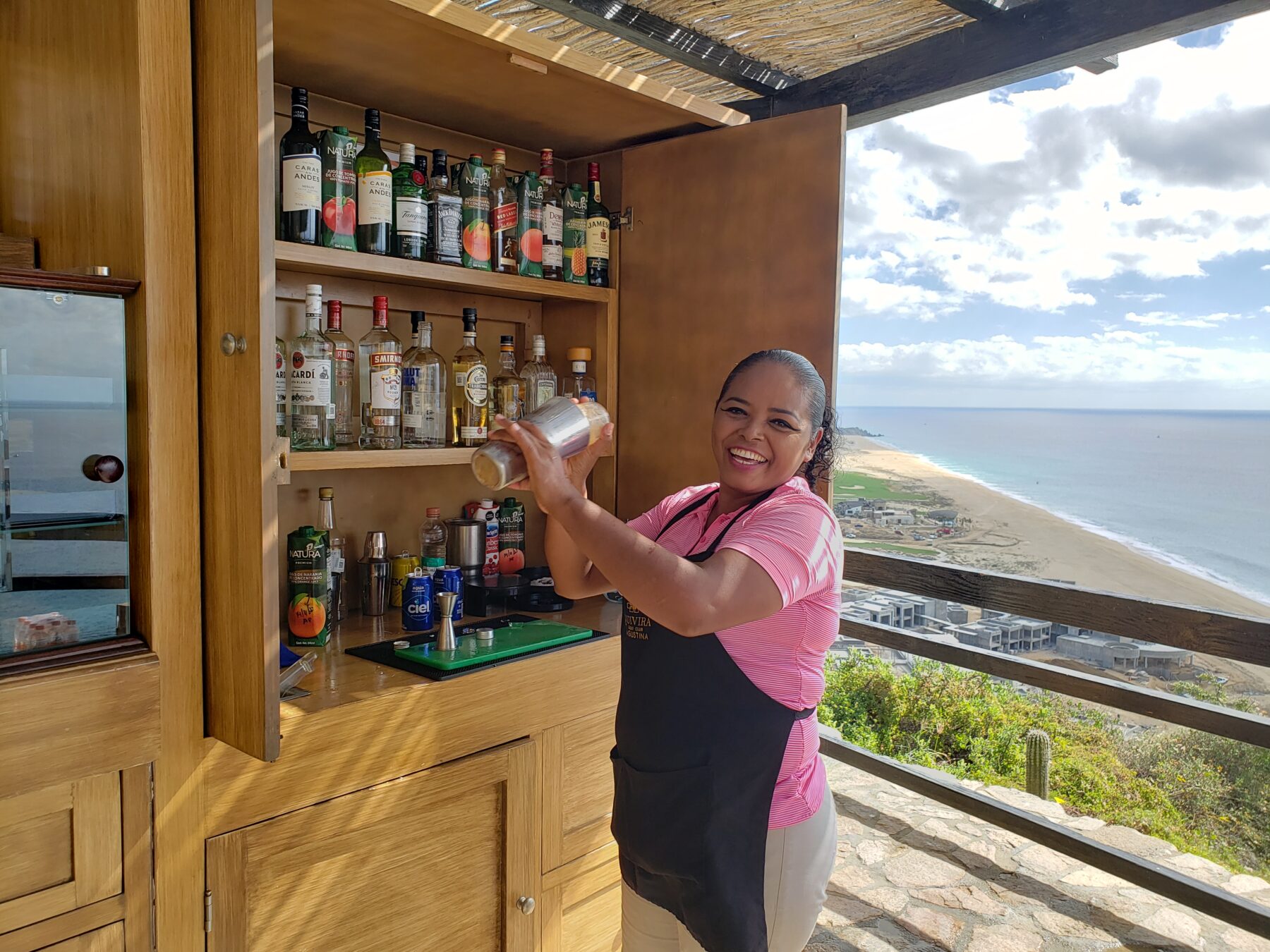6 Things to Consider Before You Travel

By Victoria Beatrice
Even though I love to travel, there are times—especially during the planning stages—when it can be very stressful. However, planning makes the rest seem much less stressful when viewed in the larger context.
Learning about the weather, flights, cost, and available activities at your destination is essential before you travel there. This, however, is just the beginning of the story. Here are six more things to consider before setting out on your trip if you’re serious about doing so:
1. Money

The exchange rate is just one of many things you should keep tabs on. It would help if you also determined the exchange rate before you leave for your trip. One of the most common monetary faux pas made by vacationers is exchanging their home currency for the destination country’s currency long before they arrive.
You will lose money if you exchange currency at the airport rather than being converted it to your home bank. The best exchange rate can almost always be obtained at an ATM shortly after arriving at your destination.
Please don’t leave it to chance; tell your bank ahead of time that you’ll be away so that they can put a travel alert on your account. For this reason, they won’t put a temporary hold or freeze on your account because of a questionable purchase.
2. The Trip

How do you intend to get around once you arrive? It’s possible that calling a cab won’t be the finest option depending on the country you’re in. If you need to travel more distances, renting a car can be the best solution.
If this is the case, you should examine the various automobile rental organizations and their costs. You might consider purchasing a Railpass if you’re backpacking through Europe or visiting multiple regional countries.
Also, remember that some areas, such as Hawaii, may demand you to take short flights between islands, while other places may have water-travel choices, such as ferries.
3. Preparation

There are numerous options available for those looking for a place to stay. It’s up to the traveler to decide between hotels and B&Bs, influenced by personal taste and intended itinerary. Suppose you’re searching for something new, a better deal, or a more extended stay in a more private or distant location.
In that case, you can always check out a hostel or use a service like Airbnb or CouchSurfing, which provide short-term lodging in residential residences. These kinds of accommodations are widely available in every region of the globe.
You should feel at home in the neighborhood if you plan on housesitting or WWOOFing there. Never stop short of doing your homework on a potential sleeping spot.
4. Inventions in electronic technology

If you are not charging your devices in the United States or Puerto Rico, or if you are going to live without electricity, you will need an adapter.
To make international calls, you may need to invest in a prepaid phone card, depending on your current phone plan and coverage. If so, wifi connections to friends and family at home may prove invaluable.
5. Culture

Research the many norms (the dos and don’tsaave as a tip? Is it feasible that some actions or expressions that are not considered offensive in one culture, say, the United States, might be seen as such in another?
Is there more than one normative framework? Does the average traveler fall prey to any frequent cons? While you’re there, will you be able to participate in any cultural activities?
Even though there is a great deal, you haven’t thought about, acquiring the necessary information is as simple as looking for “dos and don’ts” infographics on different countries on the internet, and the romantic status.
6. Obtaining Insurance While Abroad

The answer is yes; such a thing does exist. Getting ill or sick on the road, having your trip canceled, losing your luggage, or having it stolen are just some of the many potential disasters covered by travel insurance. The purchase of travel insurance is optional but highly suggested; therefore, you should keep researching the topic.
Even though unexpected experiences can increase the thrill of a trip, I think it’s best to be ready for everything that may come your way. If you’re having trouble getting organized, it might be a good idea to consult a travel agency or a person in your immediate or extended family who has done this before.
Whether traveling across the country or around the world, it’s always a good idea to pack a little more in addition to the basics. The possibility of something unexpected remains, but the payoff will be well worth it, you can check the travelpediaonline too.
 Travel Dreams Magazine
Travel Dreams Magazine